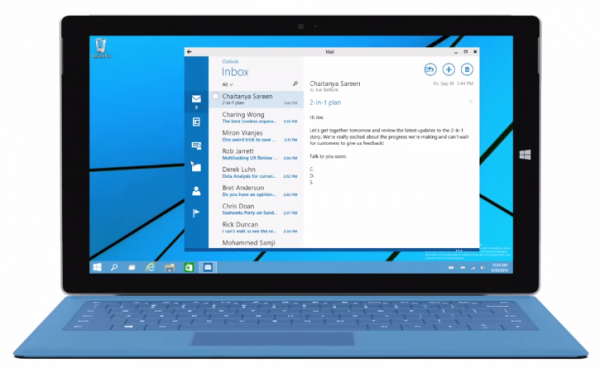Microsoft's biggest apologist finally admits that Windows 8 is a total disaster.
If you look back over the decades at the many high-level complaints that have been leveled at Windows, one in particular sticks out: Unlike Mac OS, in particular, Windows has always attempted to satisfy every possible customer need, and as such it often provides multiple ways to accomplish the same thing. The result is a messy product, if you will, one that lacks the singular vision that is typically associated with the Mac and Apple's other products.
There's no reason to mince words: This criticism has always been valid. And if you were to simplify the issue down to a sound bite, you might make the following claims: Windows was designed by a committee. The Mac, by contrast, often feels like it was designed by a single person.
I still believe there's hope for Microsoft and I totally agree with what Thurrott proposes:
I always accepted the messy bits of Windows in the past because the system addressed such a large audience. But given the way things are going, Windows should evolve into a system that is laser targeted to the customers who will in fact continue using it regularly. That's mostly business users, but even when you look at the consumers who will use Windows, that usage is almost entirely productivity related. Windows should focus on that. On getting work done. On an audience of doers. Job one should be productivity.
Everyone likes to compare Apple or the Mac to BMW and, you know what? Fair enough, and if that's true then Windows is obviously GM, the overly-big messy GM of a decade ago. But Microsoft can't afford for Windows to be like GM anymore—just like GM couldn't, for whatever that's worth. Maybe Windows needs to be more like GMC, the part of GM that only makes trucks (and truck-based SUVs). After all, while many people choose to use a truck for basic transportation, they're really designed and optimized for work. You know, as should be Windows.
You can't please everybody, Microsoft. So stop trying. It's time to double down on the people who actually use your products, not some mythical group of consumers who will never stop using their simpler Android and iOS devices just because you wish they would.
